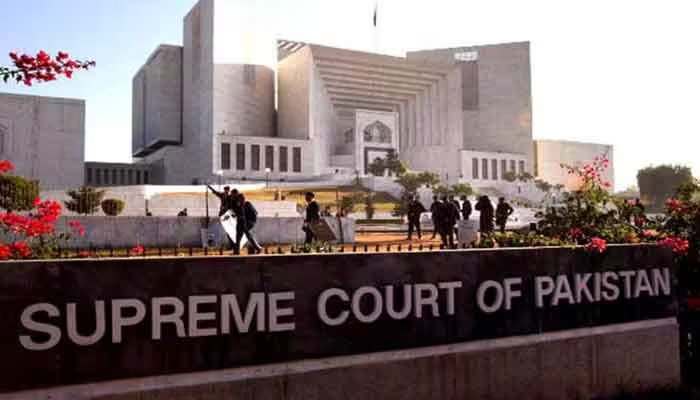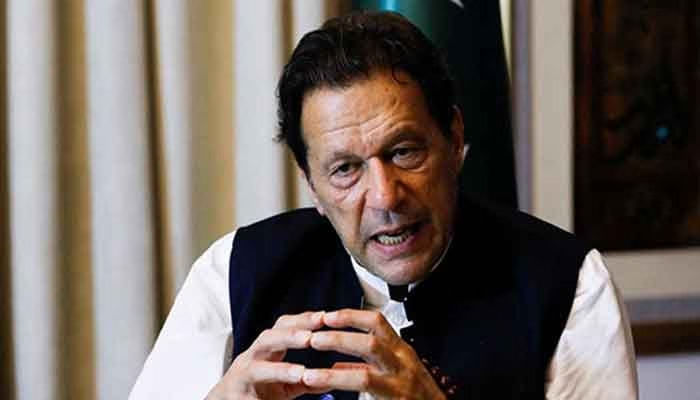The recent proposal to increase gas prices has led to widespread industrial protests, resulting in the shutdown of industries in Sindh and Balochistan. In response to the proposed hike, industrialists in Karachi initiated a one-day strike following a series of press conferences beginning on November 7.
Today, an industrial strike was observed in 11 industrial zones across Karachi, Sindh, and Balochistan. The majority of industries in both provinces remained closed in protest against the suggested surge in gas prices, which has raised concerns among industrialists about the viability of their operations.
Industrialists argue that with the anticipated increase in gas prices, factories will be unable to operate efficiently. Moreover, they express frustration as they are being burdened with additional costs, including line losses and circular debt payments. To draw attention to their grievances, industrialists have resorted to a one-day strike.
Industry leaders assert that even as they engage with federal secretaries and officials attempting to bring an end to the strike, those with decision-making authority are not reachable or unwilling to make decisions. The lack of effective communication channels has further intensified the standoff between the protesting industrialists and the government.
The industrialists claim that the government’s failure to reduce gas prices has compelled them to resort to a strike as a last resort. They emphasize that during the strike period, they are open to discussions and negotiations but are awaiting a concrete resolution to their concerns.
Regarding the proposed gas price increase, industrialists demand that the government provide gas at a rate of 1350 Pakistani Rupees per MMBTU (million British thermal units) in adherence to the suggested tariff. They argue that the absence of subsidies in the budget, as rejected by the International Monetary Fund (IMF), has left the government with no alternative but to target industries for increased revenue.
Expressing frustration with the government’s stance, industry leaders warn that if gas prices are not reduced within the strike duration, the protest may extend for up to a week. The industry’s call for a reduction in gas prices reflects broader economic challenges and the impact of global financial pressures on local businesses.
As the strike unfolds, attention now turns to the government’s response and whether negotiations can lead to a resolution that addresses the concerns of industrialists while ensuring the economic sustainability of the affected sectors. The outcome will likely have significant implications for the industrial landscape in Sindh and Balochistan.



